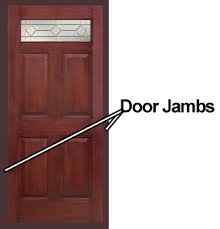How do you say CUMPLEAÑERO(A) in English?

(Seconds before biting the cake) : "Why are their hands so close to the back of my head?" English lacks one specific term to refer to that person who is celebrating their birthday which means we will always need two words. If it is a CUMPLEAÑERO then we say BIRTHDAY BOY. If it is a CUMPLEAÑERA then we say BIRTHDAY GIRL. It is uncommon to say BIRTHDAY MAN or BIRTHDAY WOMAN. If we don't want to specify gender we can say BIRTHDAY PERSON, though. It is possible to say CUMPLEAÑEROS as BIRTHDAY FOLKS. In Spanish, we call those who celebrate their birthdays in the same month as LOS CUMPLEAÑEROS DE (name of month). In English something similar is said but the emphasis is on the days not the people, e.g. OCTOBER BIRTHDAYS would be translated as LOS CUMPLEAÑEROS DE OCTUBRE when it really means LOS CUMPLEAÑOS DE OCTUBRE.





